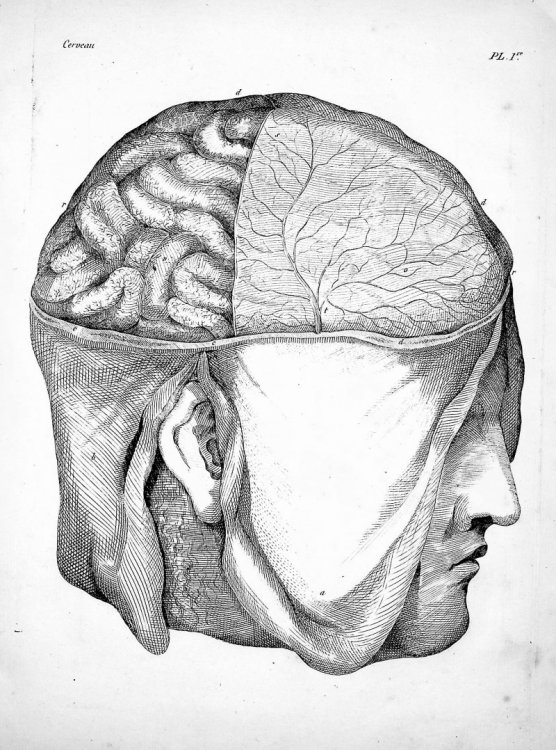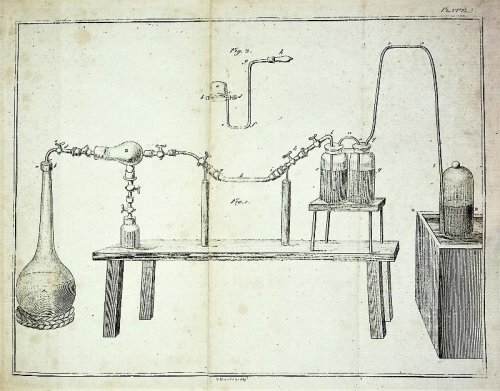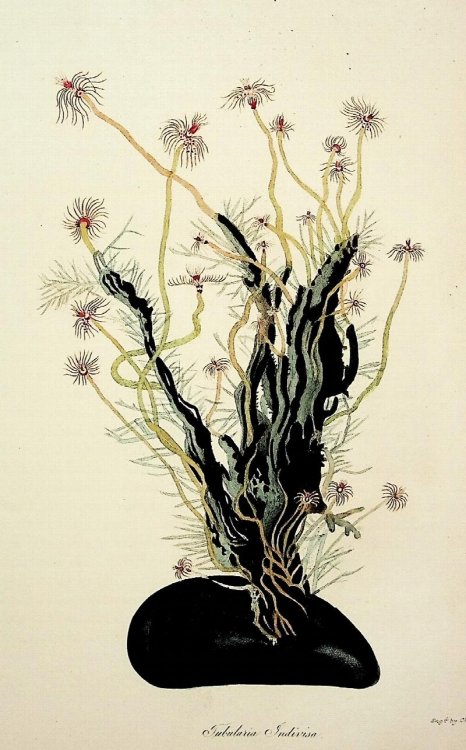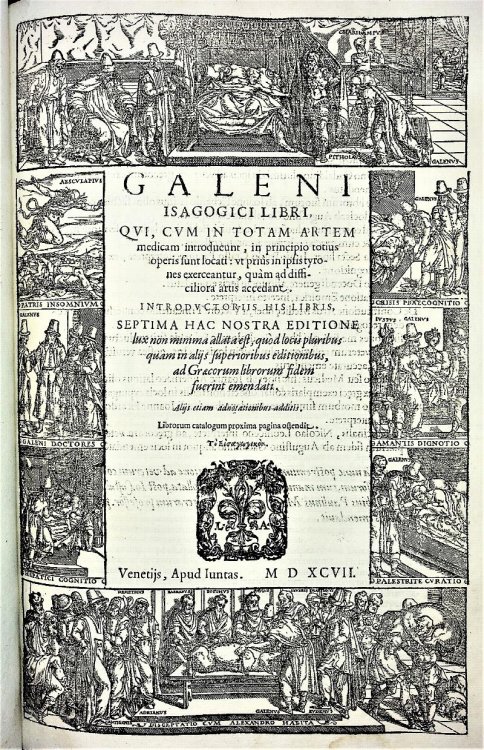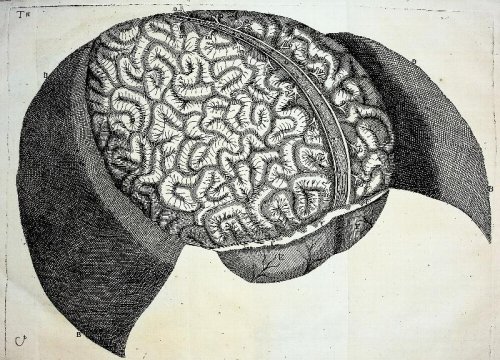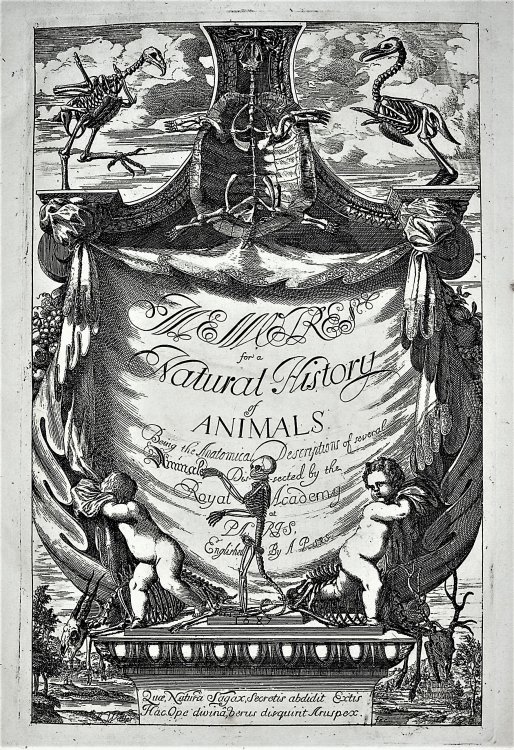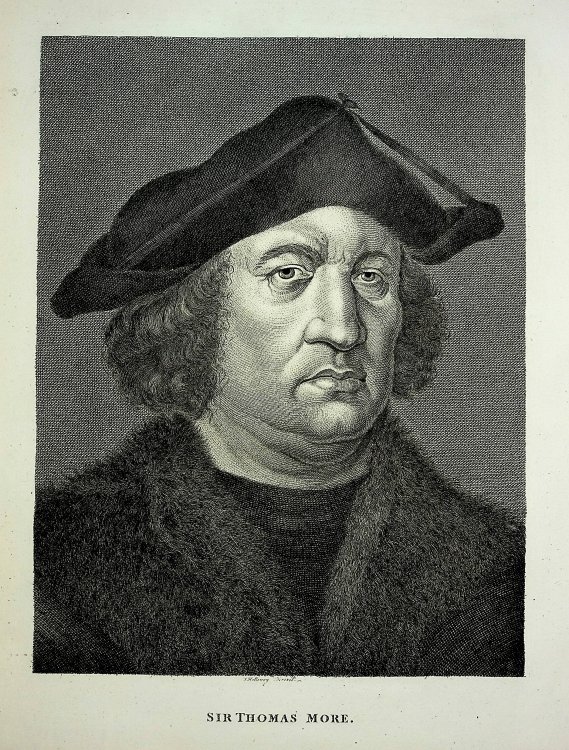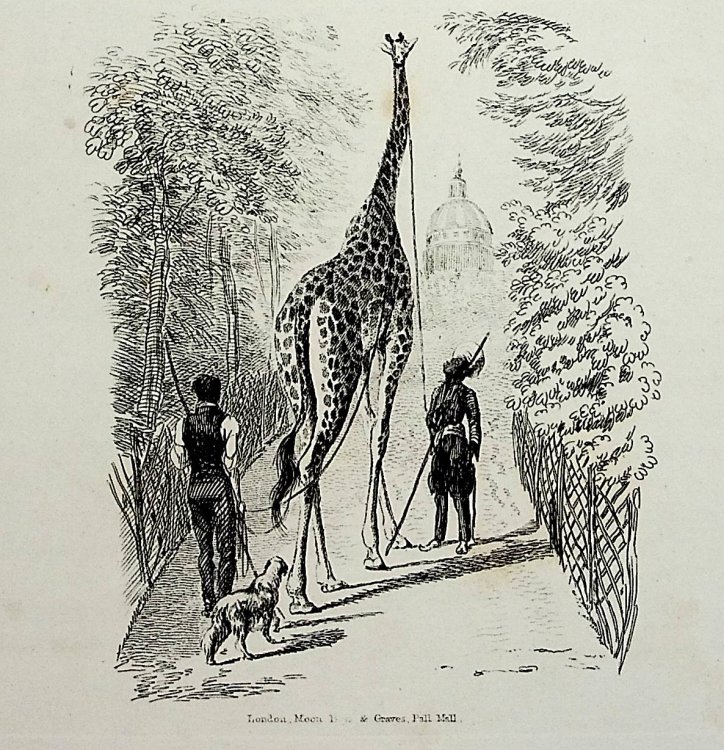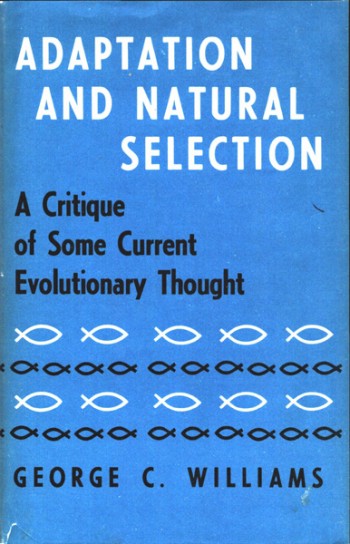
Adaptation and Natural Selection: A Critique of Some Current Evolutionary Thought
$40.00 USD • Used
LANDMARK CRITIQUE OF THE CONCEPT OF ADAPTATION IN EVOLUTIONARY BIOLOGY BY A FOUNDER OF EVOLUTIONARY MEDICINE. 8 1/4 inches tall hardcover, gray cloth boards, color gilt fish images to cover, gilt ...
LANDMARK CRITIQUE OF THE CONCEPT OF ADAPTATION IN EVOLUTIONARY BIOLOGY BY A FOUNDER OF EVOLUTIONARY MEDICINE. 8 1/4 inches tall hardcover, gray cloth boards, color gilt fish images to cover, gilt title to spine, previous owner's signature to front endpaper and fore-edge. Very good+ in very good- jacket. Cited by GE Allen in Rebels Mavericks and Heretics in Biology: In 1966, George C. Williams, an American evolutionary biologist, published what would become one of the most influential books in evolutionary biology of the twentieth century, Adaptation and Natural Selection. Williams's book set a new standard for evolutionary biology and focused the research at the level of the gene. The trend toward molecularization had been under way in biology for more than a decade and Williams's sweeping critique of group selection theory marked the beginning of a new age of gene selection. The decade following the critiques by Lack and Williams was one of continuing decline for group selection. Also cited by M Ruse in The Evolution Wars, 2000. GEORGE CHRISTOPHER WILLIAMS (1926 - 2010), professor emeritus of biology at the State University of New York at Stony Brook, was best known for his vigorous critique of group selection, though later in life he recognized that it did sometimes occur. The work of Williams in this area, along with W. D. Hamilton, John Maynard Smith and others led to the development of a gene-centric view of evolution in the 1960s. Williams' 1957 paper Pleiotropy, Natural Selection, and the Evolution of Senescence is one of the most influential in 20th century evolutionary biology, and contains at least 3 foundational ideas. The central hypothesis of antagonistic pleiotropy remains the prevailing evolutionary explanation of senescence. In this paper Williams was also the first to propose that senescence should be generally synchronized by natural selection. This paper also contains the first basic outline of the so-called grandmother hypothesis, which states that natural selection might select for menopause and post-reproductive life in females, although Williams does not explicitly mention grandchildren or the inclusive fitness contribution of grandparenting. In his first book, Adaptation and Natural Selection, Williams advocated a ground rule that adaptation is a special and onerous concept that should only be used where it is really necessary, and, that, when it is necessary, selection among genes or individuals would in general be the preferable explanation for it. He elaborated this view in later books and papers, which contributed to the development of a gene-centered view of evolution; Richard Dawkins built on Williams' ideas in this area in the book The Selfish Gene. WIth co-author Randolph Nesse, Williams published the groundbreaking paper The Dawn of Darwinian Medicine (Quarterly Review of Biology, vol. 66, No. 1) in 1991. This marked the birth of a new discipline now know as evolutionary medicine, which elucidates the pathogenesis of disease through the application of modern evolutionary biology to disease and public health. In 1992 Williams was awarded the Daniel Giraud Elliot Medal from the National Academy of Sciences. He won the Crafoord Prize for Bioscience jointly with Ernst Mayr and John Maynard Smith in 1999.
Product Info
Publisher: Princeton University Press
Year: 1967
Type: Used
Binding: Softcover
First Edition
Seller Info
BiomedRareBooksLLCABAAILABIOBA
Address: P.O. Box 193 North Garden, Virginia
Website: https://www.biomedrarebooks.com
Country: United States
